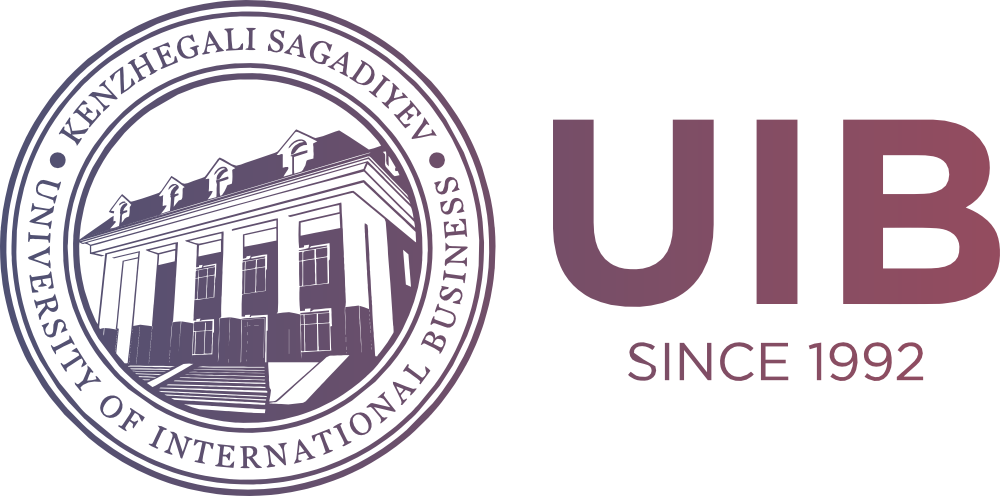Digitalization and Labor: The Role of Online Education in Global Workforce Development
DOI:
https://doi.org/10.47703/ejebs.v67i4.348Keywords:
Digital Transformation, Workforce Development, Online Education, Labor Markets, Economy, Digital EconomyAbstract
This research explores the profound impact of digitalization on the labor market and evaluates the role of online education in equipping individuals with the necessary skills for the digital economy. The study focuses on how technological advancements are reshaping job roles, the increasing vulnerability of certain occupations to automation, and the effectiveness of online educational platforms in addressing these emerging skill requirements. Utilizing a qualitative research methodology, the study involved a survey with 105 participants, encompassing various demographics and educational backgrounds. The questionnaire was designed to gather insights into users' experiences, preferences, and perceptions regarding online education, as well as to assess the competitive landscape of online educational platforms. The findings reveal a significant transformation in the labor market due to digitalization, characterized by a growing demand for highly skilled workers and a decrease in opportunities for less educated ones. Online education emerges as a crucial tool in bridging the skill gap, with a wide array of courses catering to the needs of a technology-driven economy. The study also highlights key factors influencing users' choice of online educational platforms, including the quality of course material, platform reputation, and course relevance. Furthermore, the research uncovers a diverse range of user preferences for different online platforms, indicating a trend towards a flexible and multifaceted approach to online learning. This study contributes to understanding the dynamics between digitalization, the labor market, and online education.
Downloads
How to Cite
Downloads
Published
Issue
Section
License

This work is licensed under a Creative Commons Attribution 4.0 International License.
Authors retain copyright and grant the journal right of first publication with the work simultaneously licensed under a Creative Commons Attribution (CC-BY) 4.0 License that allows others to share the work with an acknowledgment of the work’s authorship and initial publication in this journal.



